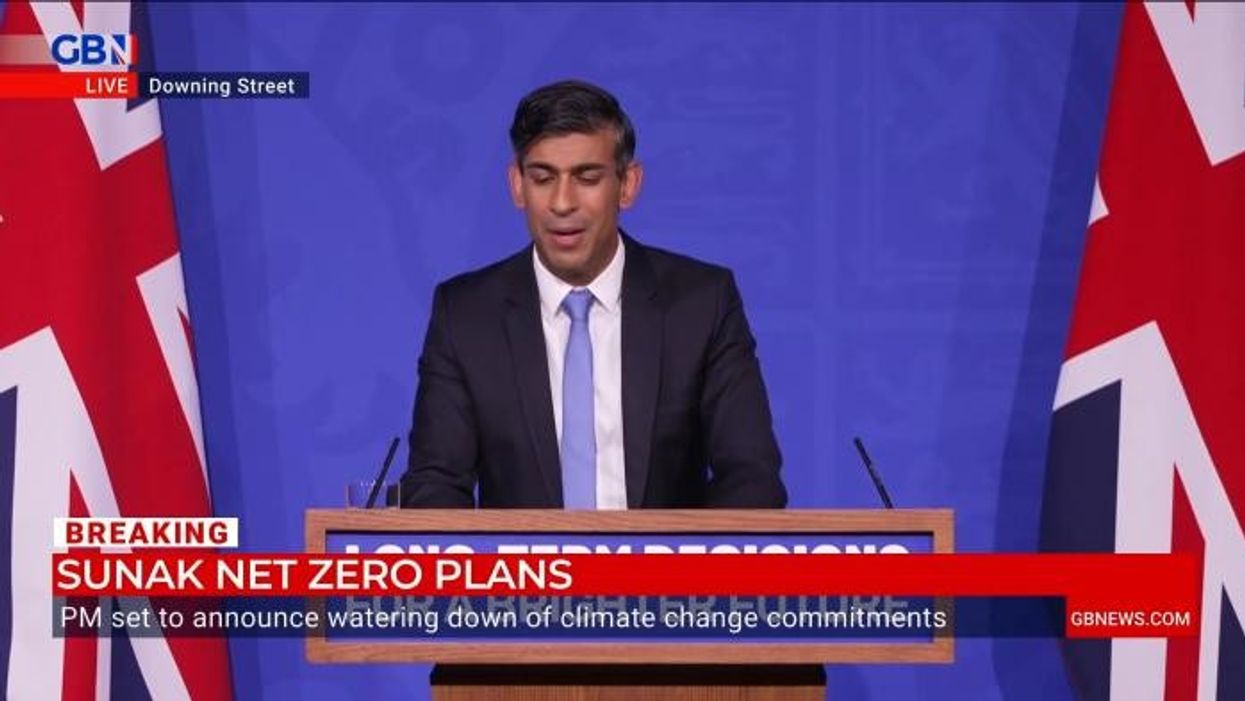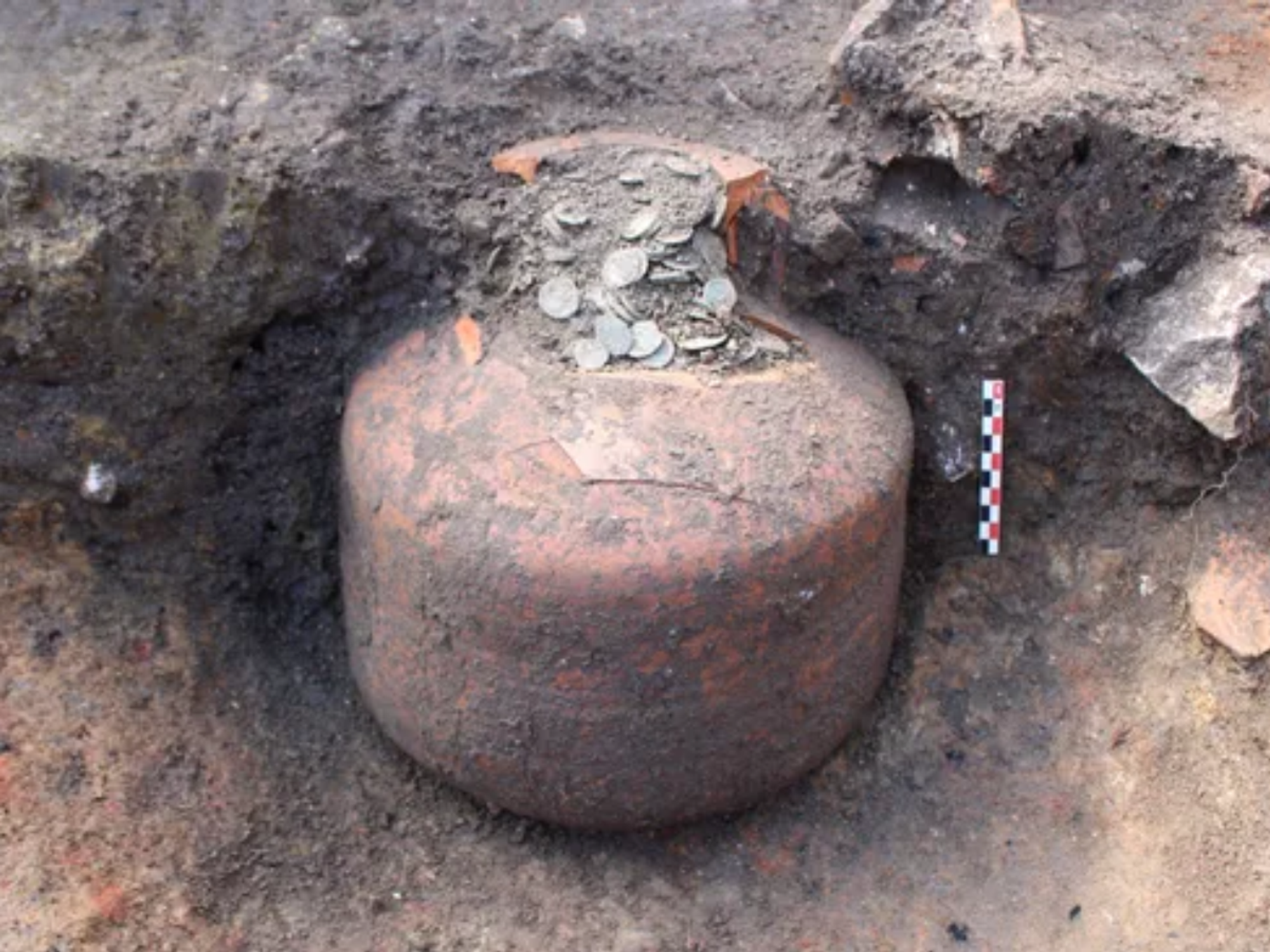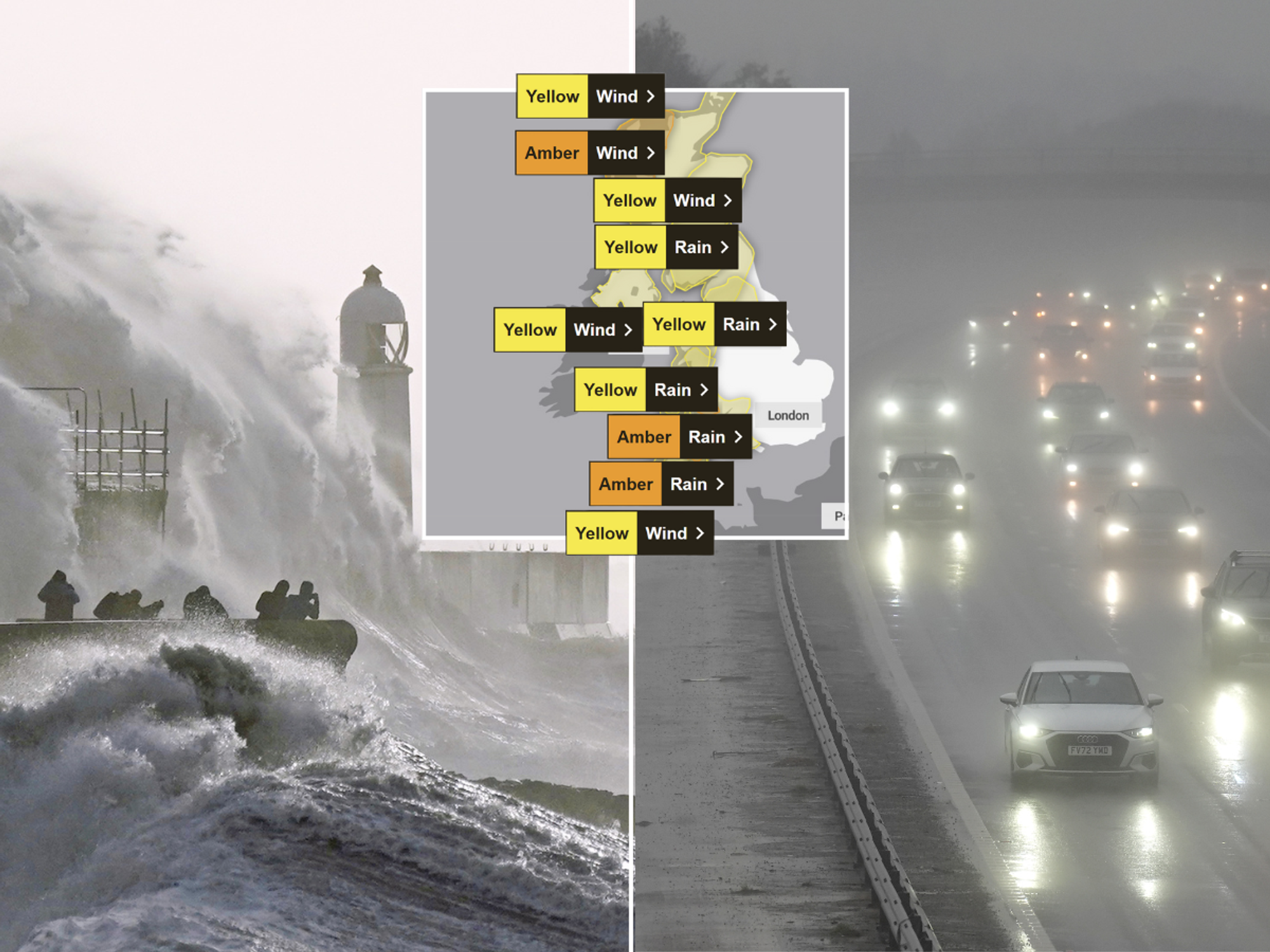Climate scientists HIT BACK against alarmist messaging: 'Don't exaggerate it!'

Many believe that the world is on course for environmental destruction
Don't Miss
Most Read
Scientists have hit back against climate doom-mongers who believe the world has already lost the battle against global warming, cautioning them to not “exaggerate it”.
Climate anxiety is on the rise, as eco-activists from groups such as Just Stop Oil warn that "everything we know and love is threatened by the breakdown of our climate”.
Searches worldwide related to “climate anxiety” or “eco-anxiety” increased by 4,590 per cent from 2018 to 2023, according to Google data.
As natural disasters occur, ice caps melt and sea temperatures rise, many believe that it is too late to reverse the changes and that the world is on course for destruction.
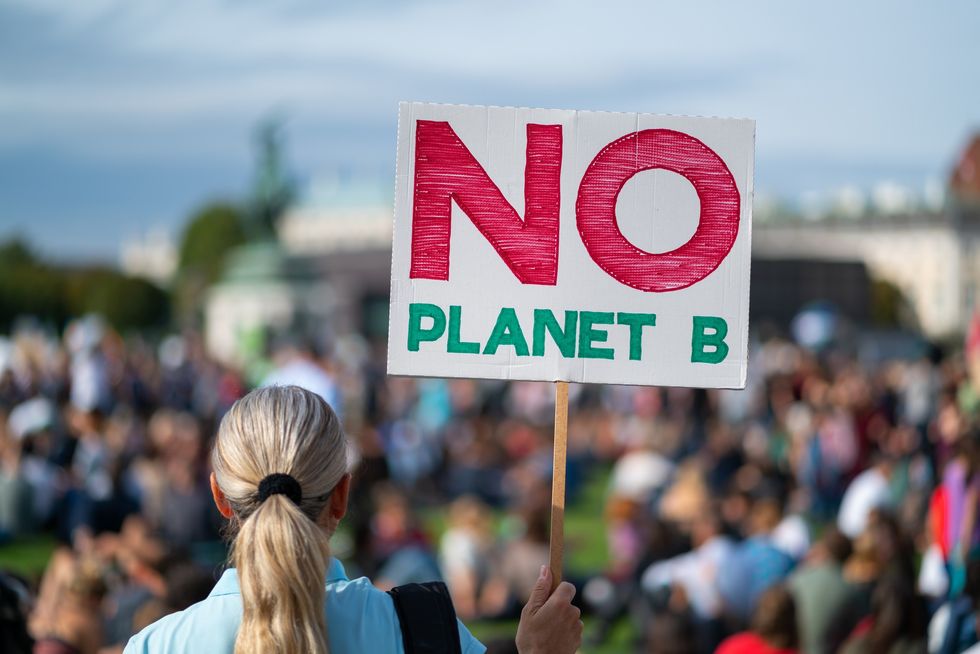
Climate scientists HIT BACK against alarmist messaging: 'Don't exaggerate it!'
|Getty
Young people have been hit the hardest with climate anxiety, according to a poll surveying 10,000 youngsters.
The 2022 poll revealed that 55 per cent of those it surveyed believed that humanity was doomed and that their fears surrounding this was impeding their daily life.
Some young people are also reluctant to have children due to fears of looming environmental failure. A 2020 poll surveying childless Americans saw that around 25 per cent of respondents saw climate concerns as a reason not to reproduce.
Climate scientists have criticised those who have built up hysteria around a potential environmental catastrophe.
Zeke Hausfather, a contributor to the UN’s Intergovernmental Panel on Climate Change, the global authority on climate science said: “Climate change is bad enough that we don’t need to exaggerate it.”
“We climate scientists used to always be arguing with the climate sceptics. Nowadays I feel like we’re just as likely to be arguing with someone who says civilisation is going to collapse in the next 30 years,” the University of Berkley scientist said.
LATEST DEVELOPMENTS:
“Whenever I tell people I’m a climate scientist, the most common question is, ‘so we’re all screwed, aren’t we?’,” said Hausfather.
“And I have to say, ‘Well, no, it depends what we do’.”
Hannah Ritchie, the author of a new book which dismantles many apocalyptic environmental claims, said that much of what has been written on the topic has been blown out of proportion.
“It’s perfectly valid to feel anxious and really concerned about climate change,” Ritchie, a lead researcher at the University of Oxford’s Our World in Data project, said.
She added: “The part I take issue with is the message coming through that it’s too late and there’s nothing we can do about it, because that’s not in line with the science. That’s not what scientists are saying.”
The book entitled Not the End of the World lays out what tools are available to stop environmental devastation.
She scrutinises a series of environmental crises through data, busting myths on topics ranging from deforestation to ocean plastics.
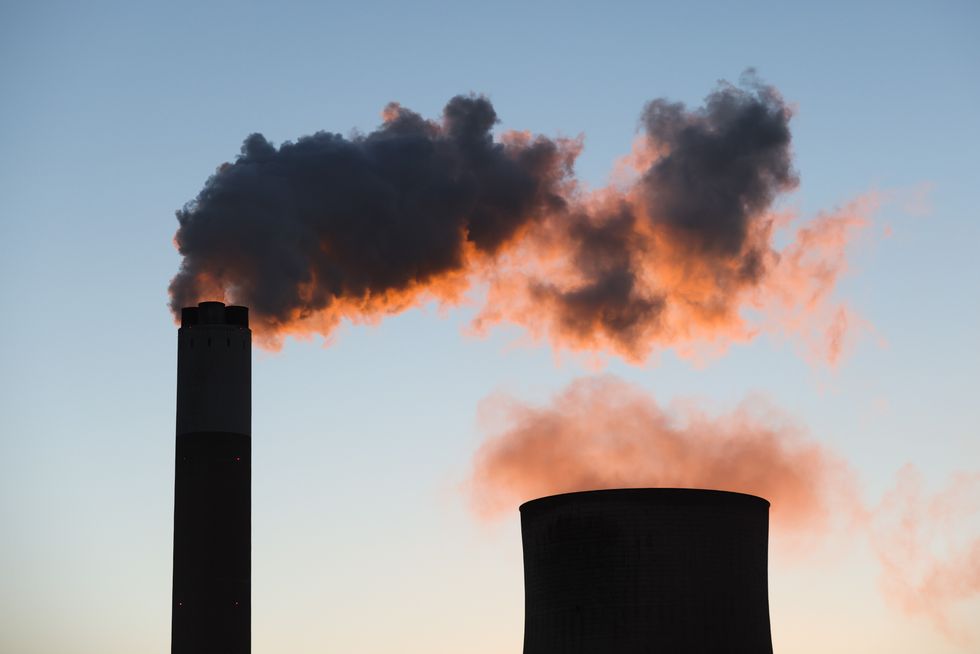
Climate scientists have criticised those who have built up hysteria around a potential environmental catastrophe.
| GETTY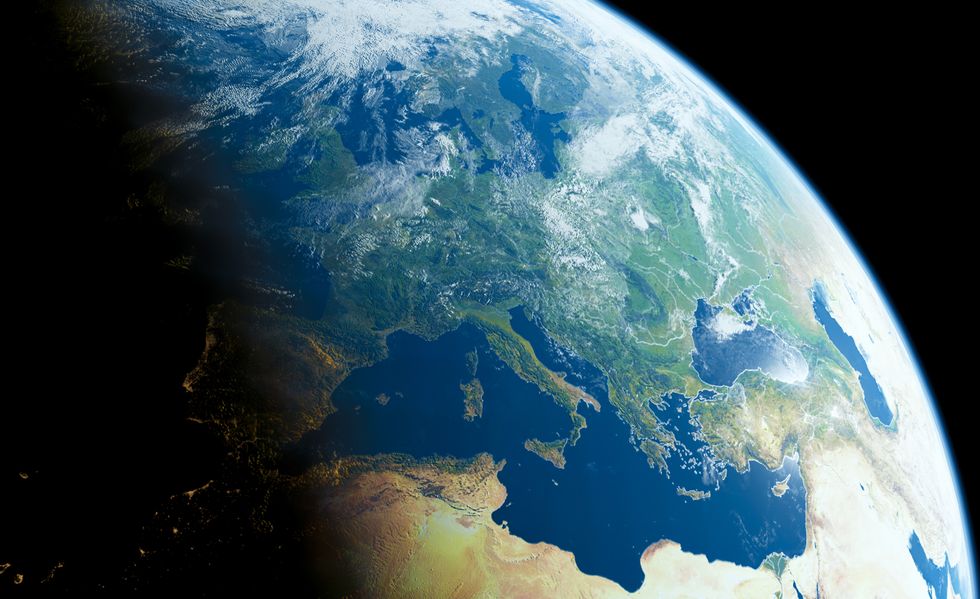
Countries have also pledged to reduce their emissions after world leaders set a target to cap warming at 2C
| GettyIn one chapter, Ritchie dismantles a claim that we have just “60 harvests left” due to poor soil. Ritchie said: “The idea that there is a deadline by which the world’s soils will just die – apparently all at the same time – is bonkers.”
There are some figures that point to a hopeful future. Greenhouse gas levels peaked a decade ago and as we swap to cleaner fuels, each person’s climate footprint is decreasing.
Meanwhile, the total number of babies in the world stopped increasing in 2017, meaning that from the 2080s, the global population is set to decline.
Countries have also pledged to reduce their emissions after world leaders set a target to cap warming at 2C, and at 1.5C if possible.
Most scientists agree that we have gone past the point of 1.5C warming, however, Ritchie states that many believe this to be a “point of no return”, which she sees as not being the case.
“We won’t reduce emissions in time to keep temperatures below 1.5C,” she says. “But we need to fight for 1.6 and 1.7 and 1.8C. With each of the temperature increases, we increase the risk of the impact. Each of these degrees is worth fighting for.”
“Climate change is a spectrum, and it’s one that we have a very, very large impact on, which means our actions really matter.”
However, not all scientists are as positive as Hausfather and Ritchie. Rupert Read, a former associate professor at the University of East Anglia, said that “various commentators are trying to put a brave face on things”.
The author, who has written several books on the reality of climate change, said: “This has become a kind of toxic positivity, which is avoiding the truth.”


